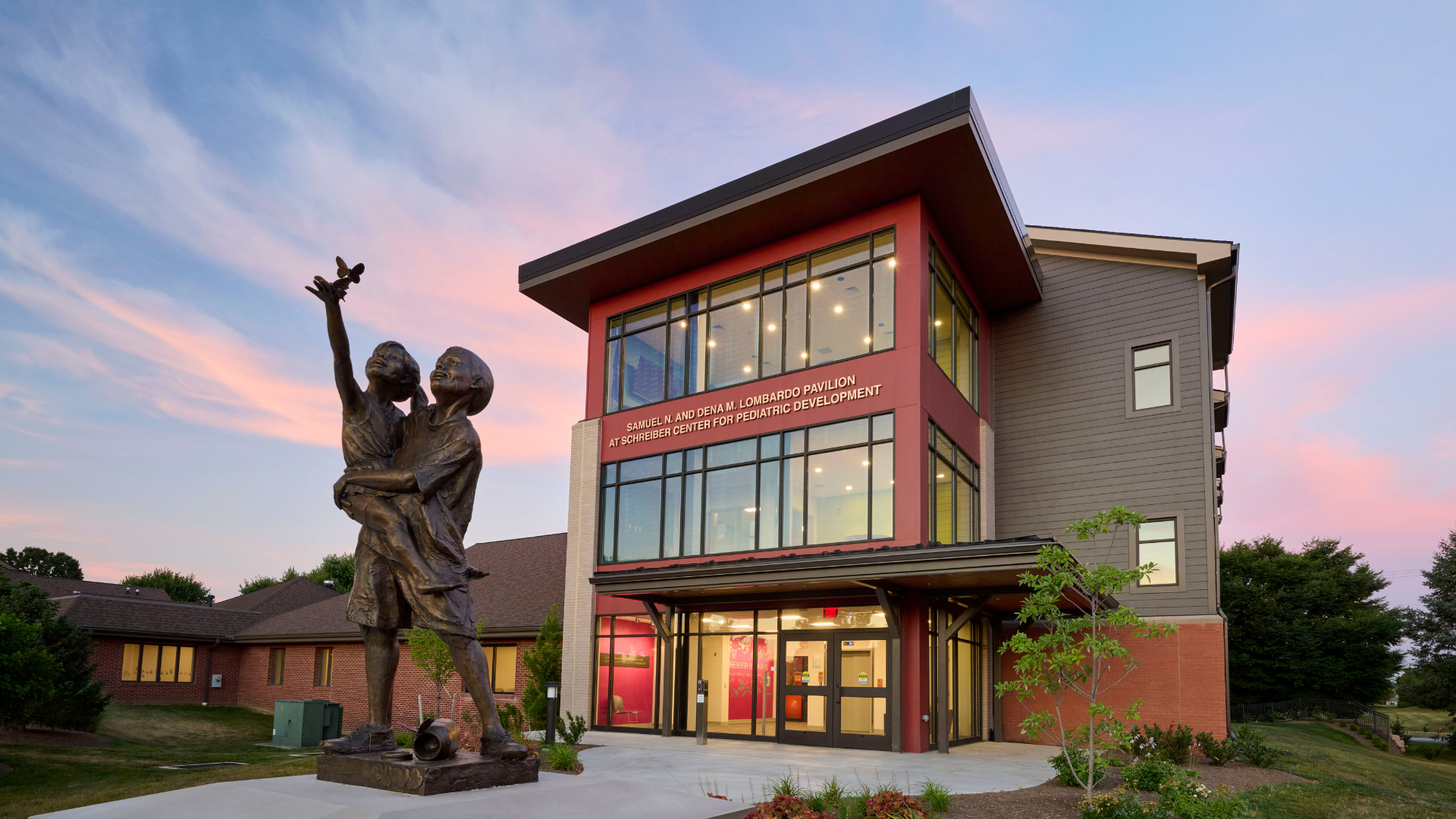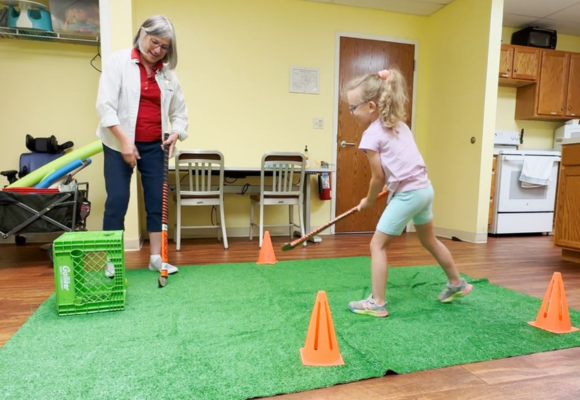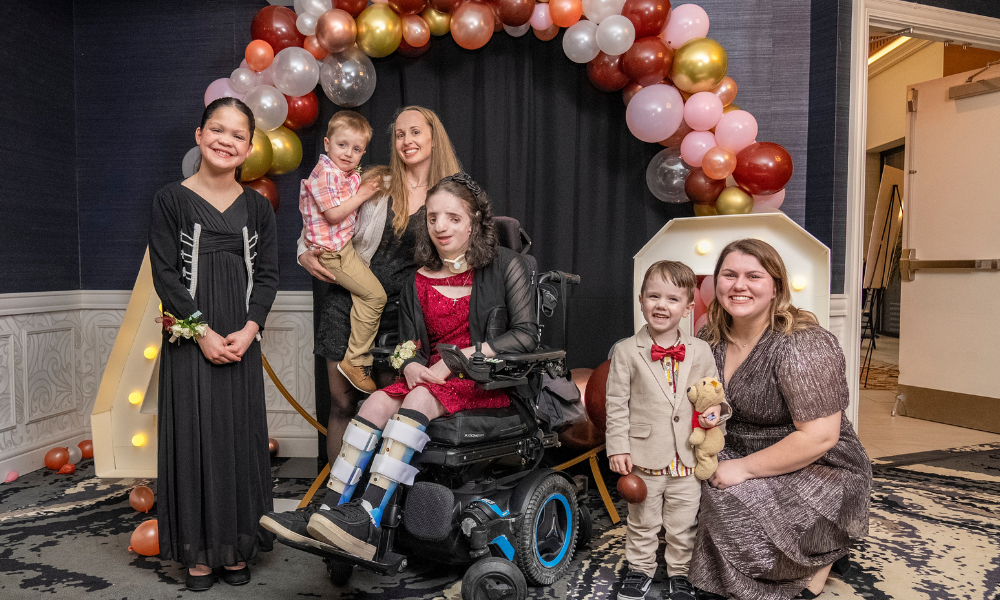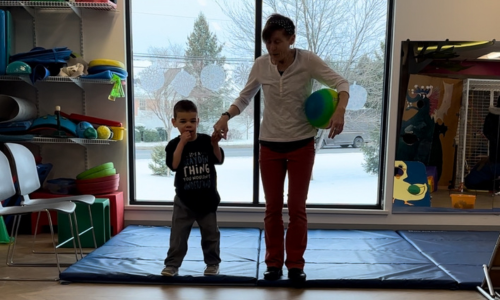
Category: Occupational Therapy

Gavin Mitstifer: Defying the Odds Every Day
June 5, 2025
Every child deserves the chance to grow, move, and live with hope for the future. But for children with Congenital Myasthenic Syndromes, like Gavin Mitstifer, 2025 Schreiber Ambassador, that path [&he...

Celebrating the Schreiber 2024 Summer Olympics
August 1, 2024
During the Schreiber 2024 Summer Olympics our #SchreiberKids kids engaged in specially adapted Olympic-themed activities designed to integrate therapy goals with imaginative play. From field hockey an...

2024 Schreiber Ambassadors Announced at the 40th Annual Schreiber Gala!
March 18, 2024
Every year we choose a few lucky kiddos to be Ambassadors of our mission. To join us as special guests at our events. To share their stories with our families […]

Therapists at Schreiber Went Above and Beyond to Help My Son Thrive: A Personal Testimonial
February 27, 2024
Written by: Schreiber Client Brayden’s Mom, Alicia Earnesty Brayden has been attending therapy at Schreiber Center for Pediatric Development for over 5 years now. As a medically complex child, B...

How Schreiber Transformed Our Son’s Feeding Challenges: A Personal Testimonial
January 30, 2024
Written by: Schreiber Client Finn’s Mom, Danielle Gwilt Our son Finn was diagnosed with food allergies shortly after his first birthday, and a chronic digestive condition called Eosinophilic Esophag...

Small Victories Creating Big Impacts for the Morales Family
January 8, 2024
Teresa, the youngest, and fifth of the Morales children to receive pediatric therapy services here at the Schreiber Center faced hurdles with her speech and fine motor skills. Her parents, […]

Thank You to our 2023 Ambassadors!
December 23, 2023
As we reflect on 2023, we are filled with gratitude for the amazing kids and families who have allowed us to spotlight their journeys through our therapy services, the true […]

Kolton Conquers Sensory Struggles and Graduates Occupational Therapy Victorious
December 18, 2023
At three years old, Kolton was having difficulty within a variety of areas including attention, transitions, emotional regulation, sensory processing, using feeding utensils, and pencil grip. His mom...

Living & Thriving with Cerebral Palsy
October 6, 2023
Written by Katie Martin, Former Schreiber Client I was born 10 weeks prematurely in 1982, along with my twin brother Adam (who is 14 minutes younger) and was diagnosed with […]

Ellery McIndoe learns to soar at Schreiber
March 29, 2022
Ellery McIndoe has had challenges most people can’t imagine. She also has lots of personality, a big, bright smile and a ton of can-do spirit. In the scheme of things, […]
